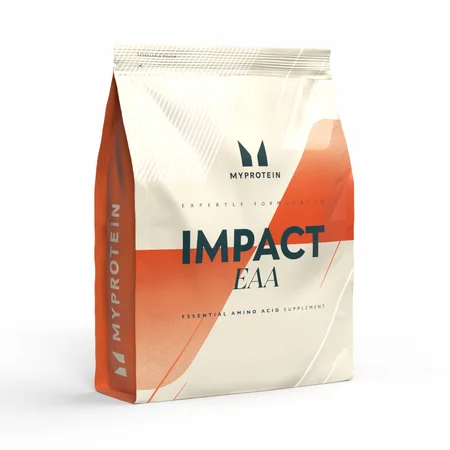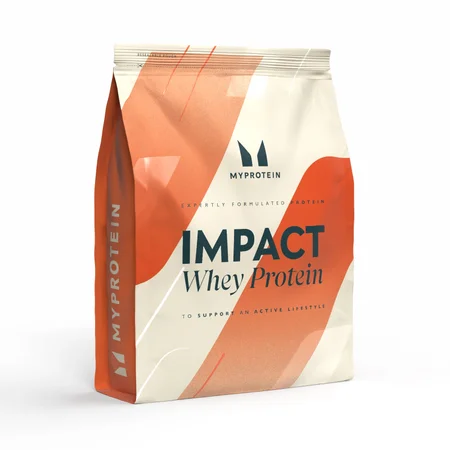Best L-arginine Supplements | Benefits, Dosage & Side Effects

What is L-arginine?
L-arginine is one of the twenty amino acids that makes up the proteins in our body. It’s considered a “non-essential amino acid”, meaning our body can make its own without having to obtain it from food.1 It’s common in many protein food sources, like red meat, fish, chicken, dairy products, nuts, and whole grains.1 However, the wide availability of L-arginine in food sources doesn’t mean that our bodies can’t benefit from additional supplementation.

What does L-arginine do?
L-arginine plays a role in immune function, energy, and hormone regulation.2 Its supplementation has long been shown to speed up the healing process for injuries such as burns.3 That’s because l-arginine is associated with increasing white blood cell (lymphocyte) production, which helps the body to fight infection and injury.3
It’s also the precursor for nitric oxide, which is responsible for vasodilation — the relaxing and expanding of blood vessels, which helps to distribute oxygen more efficiently throughout the body.1 It’s this role as a nitric oxide precursor that makes l-arginine such an important amino acid for athletes of all types, by improving cardio efficiency and muscle power.
Nitric oxide impacts performance in several different ways. It helps to stimulate glucose (energy) uptake in the muscles, while also burning fat.3 It enhances the action of both hormones involved in burning fat for energy and insulin, which is responsible for helping your body use the energy you get from food.3
Another important role of l-arginine is its impact on human growth hormone. Typically, growth hormone is released by the body in response to exercise (which helps with muscle-building), but research shows that supplementing l-arginine increases this response.2 Growth hormone is just one of many hormones impacted. Arginine has also been shown to have a positive impact on improving the action of insulin, which helps energy (glucose) get into your cells.3
Benefits
The benefits of l-arginine are related to its impact on nitric oxide production and hormone regulation.
1. Vasodilation
The vasodilation effect of l-arginine supplementation can increase blood flow throughout the body. This leads to better transportation of oxygen to organs and muscles, optimising the way your body responds to your workout demands.4
2. Performance and Recovery
More efficient oxygen- and nutrient flow can impact your performance in several ways. Your muscles may take longer to fatigue (with better delivery of oxygen), your power may increase, and you could recover from your workout more quickly.
3. Fat Loss
There have also been studies showing the impact of l-arginine supplements on reducing belly fat.5 Belly fat, also known as visceral fat, is linked to the majority of chronic health problems that are caused by being overweight. A supplement that can target this specific type of stubborn fat could be very beneficial for anyone struggling with reducing their waist size. Nitric oxide, produced from L-arginine, plays a role in glucose and glycogen uptake and fat burning. Combined with the hormonal controlling properties of L-arginine, nitric oxide can positively impact body composition in the long term.5
4. Anti-Aging
Due to the various benefits of l-arginine in wound healing, hormonal impact, and body composition, some consider it to be an anti-aging supplement.3 The impacts of l-arginine supplements show both preventive and healing effects of many ailments related to aging.
Who are L-arginine supplements for?
L-arginine supplements can benefit almost everyone, based on their health and fitness goals. Due to its ability to improve the delivery of oxygen and nutrients to your muscles, it can be useful for all forms of sport and exercise. Runners and cyclists can benefit from the increased oxygen delivery in cardio-based training, and body builders can benefit from the oxygen and nutrient delivery to their muscles.6
One study showed greater benefits for beginner- or intermediate athletes supplementing with l-arginine than advanced, highly trained athletes, making this a worthwhile supplement for beginners.7 As previously discussed, those who are struggling with belly fat may also benefit from l-arginine supplementation, along with healthy lifestyle changes related to diet and exercise.5 Coupled with the impact of l-arginine on hormones like insulin and growth hormone, there’s potential to prevent weight-related health concerns.

L-arginine dosage and side effects
The primary study that showed the increase of growth hormone release in response to l-arginine supplementation used a dose of 5-9 grams. A study showing performance-enhancing benefits from supplementation used 1-3grams per day.2,6 The women in the study that supported l-arginine’s potential to reduce belly fat took 3 grams, 3 times per day.5 There were few side effects mentioned in any studies in these low range dosages. Intravenous (IV) administration of l-arginine in high doses was linked to some digestive side effects.
Take home message
L-arginine is an amino acid that’s commonly found in food but has powerful impacts on several health outcomes, including exercise performance, body fat, and blood flow. If you believe that you could benefit from better oxygen delivery to your muscles, or struggle with recovery between workouts, an arginine supplement may be worth considering as part of your daily regimen.

Claire is a Registered Dietitian through the Academy of Nutrition and Dietetics and a board-certified Health and Wellness Coach through the International Consortium for Health and Wellness Coaching. She has a Bachelor of Science in Biology and a Master’s degree in Clinical Dietetics and Nutrition from the University of Pittsburgh.
Talking and writing about food and fitness is at the heart of Claire’s ethos as she loves to use her experience to help others meet their health and wellness goals.
Claire is also a certified indoor cycling instructor and loves the mental and physical boost she gets from regular runs and yoga classes. When she’s not keeping fit herself, she’s cheering on her hometown’s sports teams in Pittsburgh, or cooking for her family in the kitchen.
Find out more about Claire’s experience here.










